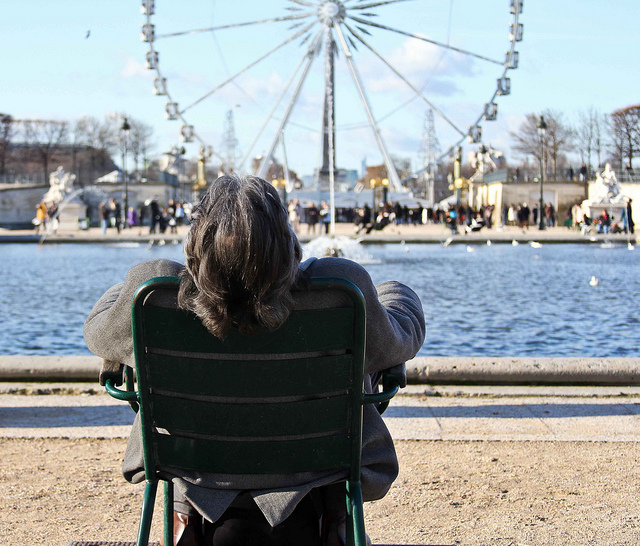I figured this day would come. It was inevitable when Sarkozy made it four years instead of three that a foreigner would have to be married before being eligible to apply for citizenship. A small detail, perhaps, but a sign that he wanted more control over immigration and the foreign population. Despite having to jump through administrative hoops and produce amounts of paper that would make environmentalists seethe, becoming a citizen for Westerners is relatively easy (particularly if you’re married to a French native).
When Sarkozy talks of the necessity for foreigners to adhere to France’s democratic values and secularism, he’s taking particular aim at the substantial muslim and North/West African population who, in his eyes, do not sufficiently adapt. Now, in what is likely a strategic political move to pull conservative votes away from the National Front for this year’s election, Sarkozy and his party are taking action to make it harder to become French. Prior to this month, becoming French required a certain number of years in the country, stacks of documentation, an interview and a lengthy wait. Time-consuming and frustrating but tolerable.
Now, candidates will be tested on French culture and history in addition to their language skills and be forced to sign a charter adhering to democratic French principles and “agreeing not to claim allegiance to another country while on French soil” (The Economist). While I don’t take issue with requiring candidates to pass a test – after all, that’s part of what is required to become a U.S. citizen – I find the charter to be further evidence of government intolerance. Having foreigners (and not all French citizens) sign a charter of this nature suggests that they are not naturally democratic and this is exactly what Eric Fassin, professor of Sociology at ENS, argues in the video interview (below) on France 24.
Sarkozy claims that the charter isn’t movitaved by race or ethnicity but given the widespread struggle with issues of identity and French denegration for people of North African origin in particular, he’s not fooling anyone. His disparate messages on immigration have raised eyebrows in the past but will the same be true this time?
This issue has become extremely relevant for me as I am eligible to apply for French citizenship as of August. I’m not concerned with my language skills by any means but I disagree with the reasoning behind the charter and the change in policy. What do you think?
{if reading this article in your email, click HERE to view the video}
**Relevant reading: Chez Loulou covers the details of obtaining a 10 year residency card (which I finally received in December!), a very heplful resource. Click HERE to read.











